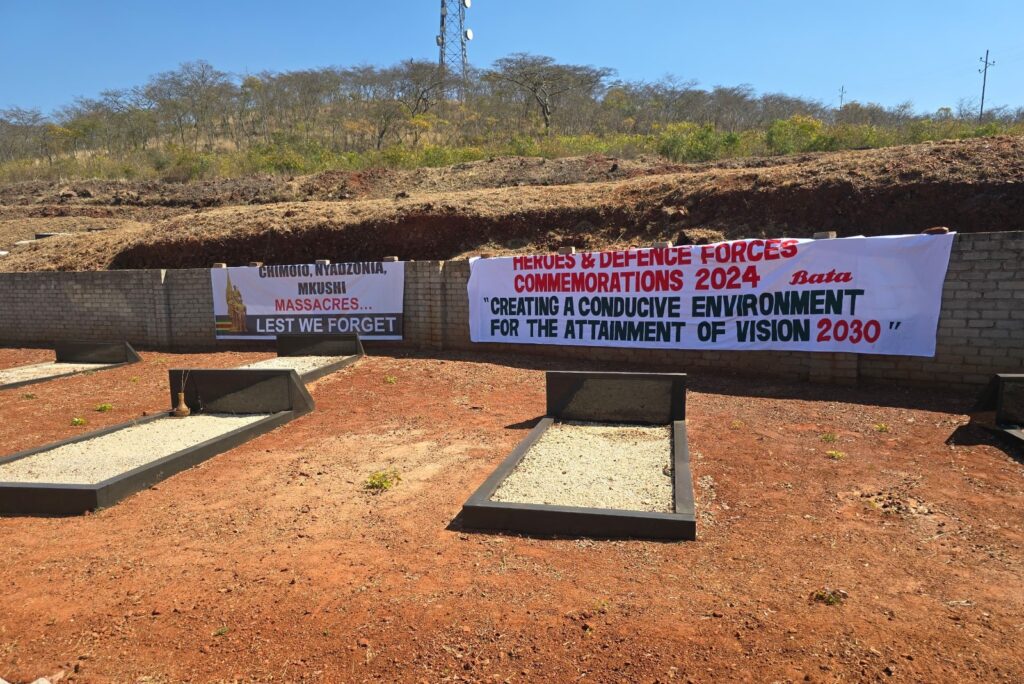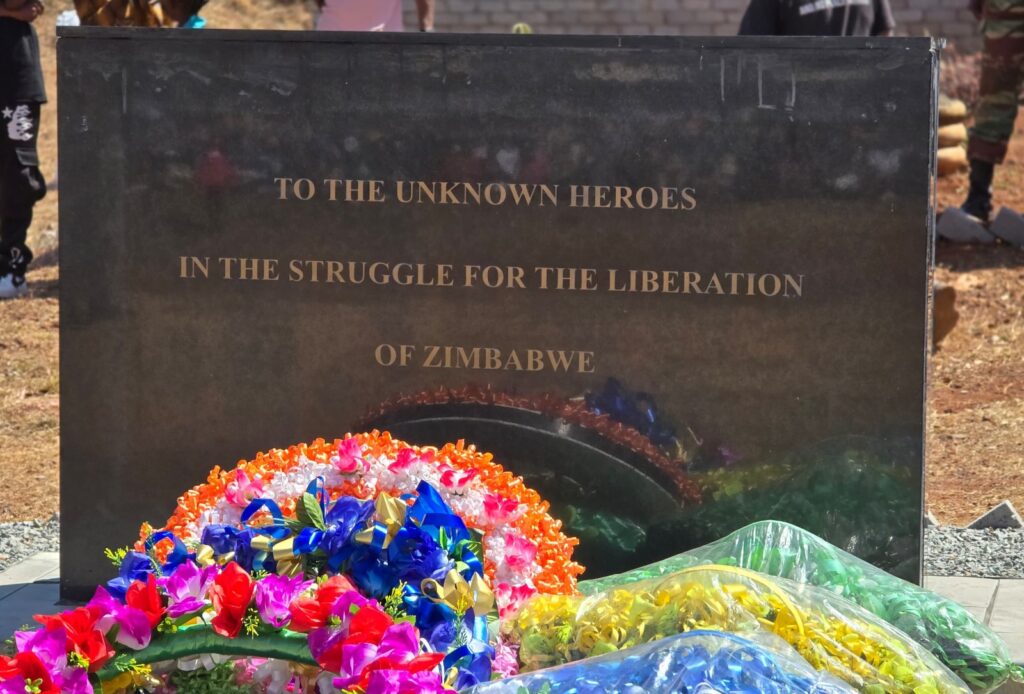Heroism should extend beyond the battlefield and political arena
By Dumisani Ndlovu
While the nation pays homage to those who participated in the liberation struggle, it is equally important to recognize that heroism extends beyond the battlefield and political arena.
As we were heading towards the 2024 Heroes Day Commemoration this author had an opportunity reflect on the true essence of heroism and its relevance in contemporary society.
Every Zimbabwean has the potential to be a hero in their own right, contributing to the nation’s progress and prosperity in diverse ways. If the new dispensation take heroism far and wide, the nation will am sure witnesses unprecedented development under the Second Republic.
The legacy of the liberation heroes is built on the pillars of sacrifice, resilience, and a relentless pursuit for justice.
These values are not confined to a specific era or group of people; they are timeless qualities that can be embodied by anyone, regardless of their background or profession.
In contemporary Zimbabwe, heroism manifests in various forms, from the arts and sports to education and community development. To be a hero today means to excel in one’s field, to inspire others, and to make a positive impact on society.
Take, for instance, life and legacy of Zimbabwe’s first black citizen to register a charity organisation aimed at changing the lives of people with disabilities, the late Jairos Jiri, is a hero in his own rights and should be remembers as we remember heroes of the liberation struggle.
Good deeds remain etched in the minds of people for long and such is the case with the late philanthropist Jiri, whose name today is synonymous with disability, since he took a bold decision to help people with disabilities.
The man, who died in 1982 aged 61, was from a poor background and with little education, but that did not deter him from helping people living with disabilities with many having made it in life through his institutions. He was not disabled.
Resources permitting, the nations should consider establishing the living and departed socio-economic heros acre where innovative and outstanding development expert and philanthropists like Midlands based Group Chief Executive Officer of River Properties, Professor Smelly Dube and the Chairman of the conglomerate Dr. Mncedisi Dube were recently honoured and granted accolades to join the outstanding personalities for this year’s top 100 Influential Global Voices 2024.
Top Zimbabwean infrastructure development expert Tinashe Manzungu, the current Africa Business Council (ABC) board director and immediate past president of the Zimbabwe National Chamber of Commerce (ZNCC) who was also recently honoured by California University with a PhD in Business Administration deserve heroes status.
The legendary musician Oliver Mtukudzi. Affectionately known as “Tuku,” who used his musical talent to bring joy, raise awareness, and promote social change. Through his songs, Mtukudzi addressed critical issues such as HIV/AIDS, poverty, and human rights, touching the hearts of millions.
His legacy lives on, not just as a musician but as a cultural icon who used his platform for the greater good. When he died, he was correctly declared a national hero for his works.
Leonard Dembo, Safirio Madzikatire, Paraffin and Vharazipi, Dominic Benhura among other artists deserve to be observed during Heroes Day.
Similarly, the late Zimdancehall artist Soul Jah Love, whose real name was Soul Musaka, resonated with the youth through his music.
Despite his personal struggles, Soul Jah Love’s resilience and passion made him a hero to many, proving that heroism can emerge from the most unexpected places. He was later declared a liberation war hero.
Heroism in Zimbabwe today can also be found in the educational sector.
Teachers who go above and beyond to ensure their students receive quality education are heroes. They shape the minds of future generations, fostering critical thinking and nurturing talents. Their dedication and commitment, often with limited resources, embody the spirit of heroism.
In the realm of sports, Zimbabwe has produced numerous heroes who have brought pride to the nation. Athletes
who excel on the international stage, such as the Minister of Sports, Recreation, Arts and Culture, Kirsty Coventry the Olympic swimmer demonstrated that dedication, hard work, and excellence are the hallmarks of a hero or heroine.
Coventry’s achievements have inspired countless young Zimbabweans to pursue their dreams, indicating that with determination and perseverance, anything is possible.
Moreover, community leaders and activists who work tirelessly to improve the lives of others are heroes in their own right.
These individuals address pressing social issues, from healthcare and environmental conservation to women’s rights and poverty alleviation. Their efforts often go unrecognised, but their impact is profound, contributing to the overall well-being and development of their communities.
The business sector also provides ample opportunities for heroism. Entrepreneurs who innovate and create jobs, driving economic growth and development, are essential to the nation’s progress. By taking risks and overcoming obstacles, these individuals demonstrate the entrepreneurial spirit that can transform Zimbabwe’s economy. Their success stories inspire others to venture into business, fostering a culture of innovation and self-reliance.
To be a hero in today’s Zimbabwe, one does not need to have participated in the liberation struggle or hold a political office. Heroism is about making a difference, no matter how big or small.
It is about being the best version of oneself and using one’s talents and abilities to contribute positively to society. Every act of kindness, every effort to uplift others, and every step towards excellence is a testament to the enduring spirit of heroism that our liberation heroes exemplified.
As we celebrate Heroes Day, let us remember that heroism is not confined to the pages of history books. It is a living, breathing force that exists within each of us.
By recognising and nurturing the hero within, we honour the legacy of those who came before us and pave the way for future generations to follow.
In our everyday lives, we can all strive to be heroes. Whether it is through excelling in our professions, supporting our communities, or simply being there for one another, each of us has the power to make a difference.
Let us take inspiration from the heroes of the past and present, and commit to building a brighter, more prosperous Zimbabwe for all.
On this year’s Heroes Day, as we pay tribute to the sacrifices and achievements of our national heroes, let us also celebrate the potential for heroism in every Zimbabwean.
Let us recognise that heroism is not limited to a select few but is a quality that we can all aspire to. By doing so, we ensure that the legacy of heroism continues to thrive, inspiring generations to come.



